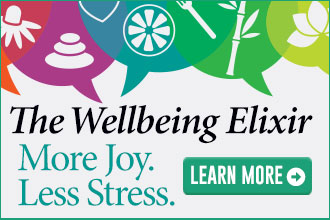
In both fields devoted to its study and our individual disciplines, research on teaching and learning is prolific. Faculty are more interested in this research and the evidence it provides than they have been previously.
Research on teaching and learning advances our knowledge. Teaching practices need to be based on evidence. Like research in general, pedagogical scholarship must build on previous work and lay the foundation for subsequent work. The detailed delineations contained in most studies make that possible. But research reports aren’t very good at improving practice, in part because they don’t spell out their implications in much detail and are daunting to read—especially at the end of day when we still have papers to grade.
We’ve been highlighting research on teaching and learning in The Teaching Professor for more than 30 years. We know who’s doing good work and where it’s being published. We are here to give you the studies in a nutshell: the research questions, any relevant background, an overview of the methodology, the findings, and what if anything you should consider doing about the results. We’re giving you substance without repeating every last detail. Our format puts the study essentials in short chunks. We choose to highlight research with practical implications. Individual study results seldom justify definitive conclusions. But study findings frequently raise interesting questions, offer possibilities, and present options that individual teachers can consider. We think you’ll find those in this collection.
—Maryellen Weimer
- Measuring Healthy Group Dynamics
- Test Questions and Quizzing Improve Exam Performance
- Students' Decisions about Studying
- Does Self- and Peer Assessment Improve Learning in Groups?
- Measuring Rapport with Students
- Student Feedback: Should It Change Course Structure?
- How Group Dynamics Affect Student Learning
- Collaborative Testing Improves Higher-Order Thinking
- How Do Students Study?
- Minimizing Student Resistance to Active Learning
- Students Can Learn to Make Better Use of Study Strategies
- Learning the Language of a Discipline



